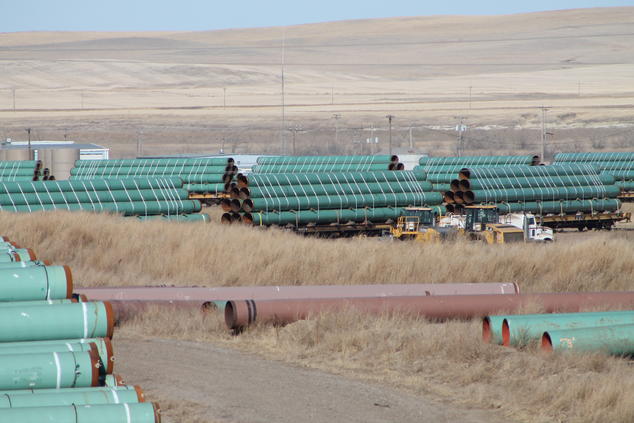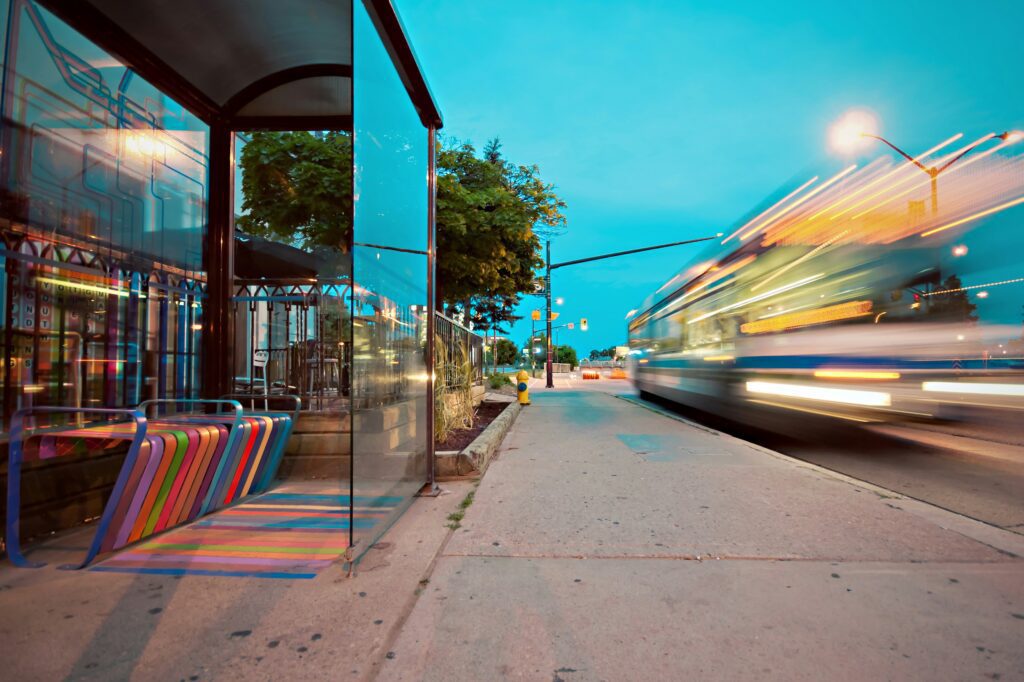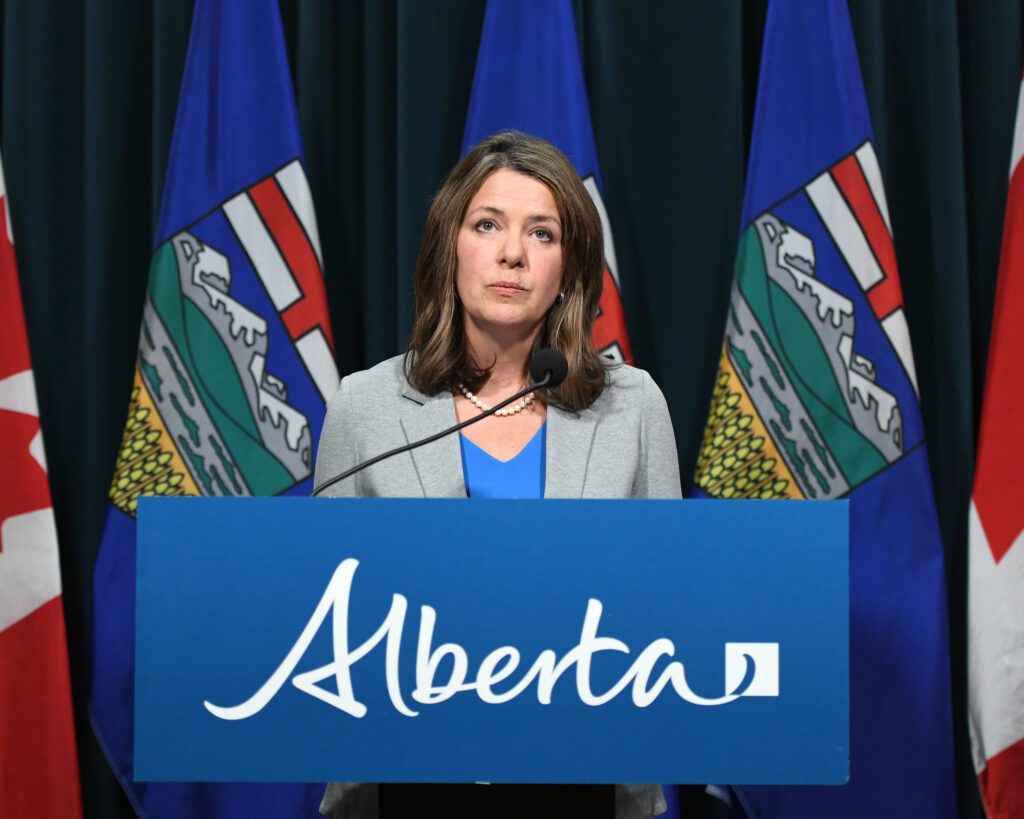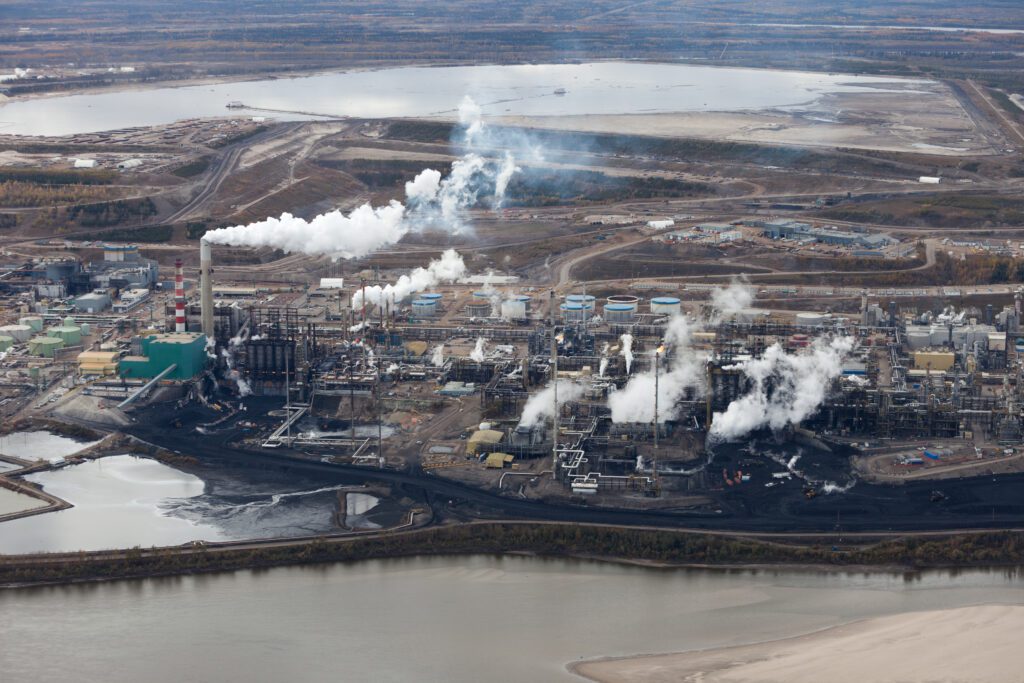On Friday, U.S. President Donald Trump issued a Presidential Permit that clears the path for TransCanada to cross the Canada-U.S. border with its proposed Keystone XL (KXL) pipeline.
But this is just a symbolic victory. TransCanada and the White House will soon learn a lesson Canada’s federal government already knows: approving pipelines doesn’t mean they will get built.


Despite the Presidential Permit, KXL faces numerous legal and procedural obstacles before TransCanada can start laying pipe. It also faces massive and growing opposition from Americans along KXL’s route, while national polls show the public is turning against the pipeline. And a convergence of low oil prices and increasingly stringent domestic and global climate policy has gutted the economic case for KXL.
Here are four reasons Keystone XL will not get built:
- Regulatory and legal challenges
The Presidential Permit might give KXL permission to cross the Canada-U.S. border, but TransCanada doesn’t have all the approvals it needs. Far from it.
TransCanada must still get approval from state regulatory authorities in Nebraska, a process that will take up to a year. TransCanada hasn’t finalized KXL’s route through Nebraska and must also get federal Clean Water Act Permits and meet the requirements of federal environmental laws. Opponents in South Dakota have already asked a judge to reverse authorization of KXL’s path through that state. And our friends at the Natural Resources Defense Council are planning a legal challenge to the State Department’s approval of the pipeline, because it is based on 2014 oil prices.
According to Bold Alliance President Jane Kleeb, “You’re looking at two to three years of legal challenges, at least.”
- Public Opposition
An unusual alliance of landowners, farmers, ranchers, Native Americans and environmentalists has come together to oppose this tar sands pipeline through America’s breadbasket. Some Nebraska landowners are gearing up for a long fight against the pipeline company. Native American tribes insist KXL violates treaty rights and have vowed protests reminiscent of the Dakota Access pipeline. They will be joined by Indigenous opponents in Canada. American public opinion has turned against KXL, with recent polls showing a majority of Americans don’t think the pipeline should be built.
- Climate Policy
KXL doesn’t fit with Canadian climate policy. KXL would carry an additional 830,000 barrels per day of tar sands oil from Alberta, enabling increased tar sands production which would likely blow through Alberta’s legislated cap on emissions and make it next to impossible for Canada to keep its climate commitments.
The federal government approved the Canadian portion of KXL in 2010 – but there was no cap on tar sands emissions then, and no real commitment to fight climate change. After the recent approval of the Line 3 and Kinder Morgan pipelines, the federal government needs to explain how KXL fits within Canada’s climate targets and the Alberta emissions cap.
- Economics
TransCanada first proposed KXL in 2008. Since then, the economic rationale for the pipeline has evaporated. Global oil prices are stuck at less than half what they were before the oil price crash. The simple truth is that the tar sands are not economical under sustained low oil prices. Already, some of the world’s largest oil companies have pulled out of the tar sands, focusing on lower-cost reserves instead.
The world is flooded with cheap oil that can’t be burned as we ramp up global climate action. High-cost, high-carbon sources like tar sands oil can’t compete in a world of low prices and declining demand. Current Canadian tar sands pipeline capacity is underutilized. New pipelines risk becoming stranded assets. Even the CEO of Enbridge acknowledges that all proposed pipelines aren’t needed.
Keystone XL will not get built
Friday’s Keystone XL announcement is just the first page of the next chapter of the fight against KXL. The White House will soon learn a lesson that its neighbours to the north already know from the Northern Gateway saga: Approving pipelines does not mean they will get built.






